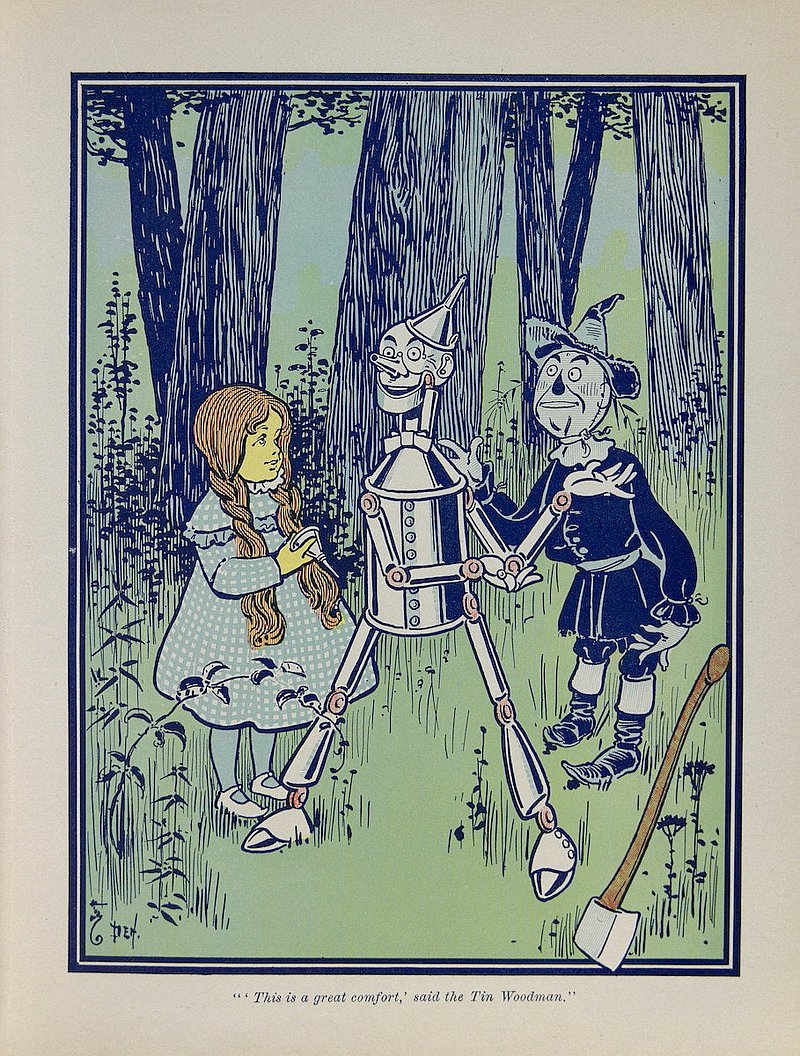Wizard of Oz stored on DNA

DNA has become recognized as a “durable, high-density information storage platform”. Stephen Jones, who has collaborated with other researchers on a new method of storing information on DNA, said: “This idea takes advantage of what biology has been doing … : for billions of years: storing lots of information in a very small space that lasts a long time”. To test their new method, called HEDGES, the researchers put ‘The Wizard of Oz’, translated into Esperanto, onto DNA and subjected it to high temperatures and extreme humidity. Despite this leading to some of the DNA being damaged, the information could still be decoded successfully.
The reason that DNA is being used to store information is that it “is about 5 million times more efficient than current storage methods … . And DNA doesn’t require permanent cooling and hard disks that are prone to mechanical failures”.
This is a clear demonstration that the information DNA is able to store is of completely the same nature as messages sent by intelligent human senders. Namely, information which can be read, understood, and put into ‘action’.
This is what happens in living things, which transmit their DNA information from generation to generation. Like human messages, this inherited information is also subject to damage/decay (mutations). This points to a super-intelligent source that encoded the information in the first place in the ancestors of each kind of living thing, and designed the machinery needed for its preprogrammed transmission. The Bible tells us in Genesis who life’s coding creator is.
That DNA can also store information more elegantly, effectively and efficiently than anything man-made so far is further demonstration of God’s “eternal power and divine nature” (Romans 1:20).
- Press, W.H. and 4 others, HEDGES error-correcting code for DNA storage corrects indels and allows sequence constraints, PNAS, 16 Jul 2020.
- UT News, Power of DNA to store information gets an upgrade; news.utexas.edu, 14 Jul 2020.


Readers’ comments
Comments are automatically closed 14 days after publication.